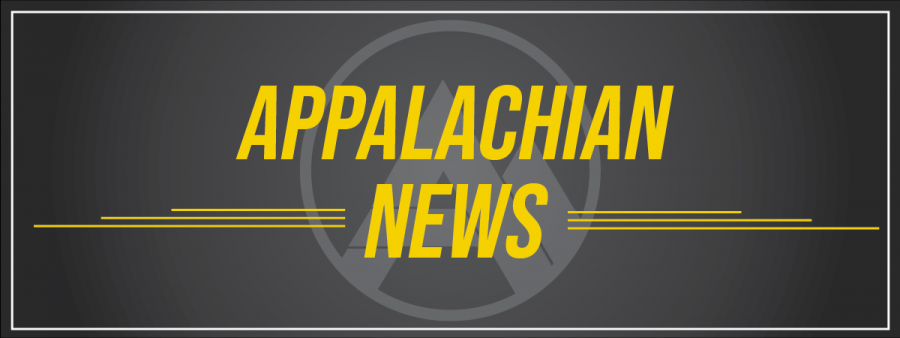From freshmen transitioning to a new environment with new people to seniors finishing their last research papers, there are different resources for everyone on campus to access during different stages in life.
“App State does a lot compared to universities. We have more resources and programs for different struggles,” said Larisa Eichler, a senior public relations major and co-president of the Active Minds club.
Counseling & Psychological Services provides individual counseling, group counseling, an eating concerns program, referrals and consultations.
The Counseling Center is in the Miles Annas Student Services building across the street from Reich College of Education.
There are different resources for parents, faculty/staff and students on the counseling center website. A tab at the top of the website explains how to help someone, signs of worsening mental health and next steps for referrals and consultations.
“It’s important to investigate the counseling center’s website and social media because you will find a source that is right for you,” Eichler said.
To set up an initial consultation appointment, one can call the counseling center. A counselor will go over different options provided by the university and any next steps to get a referral for off campus counseling.
While they are open Monday through Friday from 8 a.m.-5 p.m., there is an on-call counselor ready to help with mental health emergencies.
In individual counseling, counselors talk with students about personal concerns, goals and discuss coping strategies. Sessions are 45 minutes long every other week. The counseling center’s website said that most students see improvement in one to five sessions.
“Your brain is an organ just like your stomach or your heart, but, there can be things wrong with your brain just like there can be with your stomach or your heart,” said Connor Ranes, a senior psychology major and a mental health ambassador.
Students seeking support from the counseling center will be written a referral to a therapist that is a good fit and accepts their insurance.
“I thought my counselor was helpful and she connected me to my current therapist in the community,” Ranes said.
The three different types of group therapy offered at App State are full semester groups, half semester groups and quick access groups. The full semester group has multiple different specialized groups for different topics. The half semester group meets for four to five consecutive weeks and works on skills for coping and mindfulness.
“If I didn’t have a therapist already, I would use the resources here,” said Max Mixa, a transfer sophomore psychology major.
Quick access groups meet once a week for 50 minutes and discuss how to manage common mental health concerns. The counseling center says on their website that in these group settings you are not required to make a commitment or to share everything with the group.
Let’s Talk is a walk-in brief and informal consultation where students can introduce themselves to members of the counseling center and speak to them about areas of concern, according to the counseling center’s website.
More information can be found on the counseling center’s Instagram page.
The Eating Concerns Program uses a multidisciplinary approach involving a group of doctors with varying expertise working together toward a common goal.
According to the counseling center’s website, the eating concerns treatment team consists of physicians, physician’s assistants, psychologists, counselors and a registered dietitian. This team will assess students’ eating concerns, take a medical evaluation, nutrition counseling with the dietician and provide individual and group therapy.
Thriving Campus is a website that will connect students with a therapist in a specific practice area they’re looking for, takes their insurance and other filters for specifics. Students can browse through what is near them and will be the best option for them.
The Counseling Center, Active Minds club and the Mental Health Ambassadors put together events and create a safe space for students with and without mental illness.
“We’re here to promote positive mental health and to make it more of a conversation on campus,” Eichler said.
Active Minds and Mental Health Ambassadors post their event information and “Lets Talk” consultations on their Instagram accounts, @activemindsasu and @appstatemha.
“Realistically, everyone is struggling in college,” Eichler said.
If you need immediate help, call (828) 262-3180 to speak with an on-call counselor.
Para leer en español hace clic aquí.


